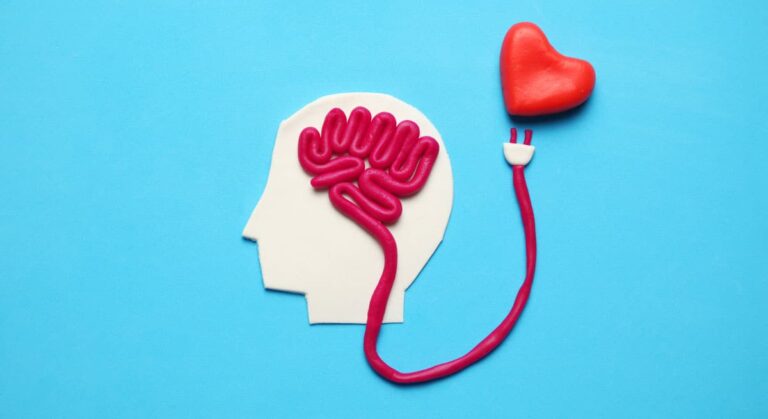You’re waiting in the doctor’s office. Your heart thumps wildly in your chest – not from the icy air conditioning, but from sheer nerves. The door swings open and a straight-backed physician struts in, bearing the news: you have heart disease. You’re not alone in this. Heart disease is the leading cause of death worldwide. But hold on a minute. What if the key to a healthy heart isn’t just about a balanced diet, regular exercise, or the latest vaccines weston? What if it’s deeply connected with something often overlooked, your mental health? Welcome to your journey of understanding the unexplored connection between cardiology and mental health.
The Mind-Heart Connection
It’s a cold, hard fact: stress, anxiety, and depression can influence heart disease. But how? Let’s dive into a short story. Picture the life of a 19th-century worker, slaving away in a grimy factory for 16 hours a day. The stress is unimaginable, the depression a constant shadow. Before long, his heart gives out. Today, we live in a different world, but the stressors are still there. The connection between mental health and heart health is real, and it’s high time we pay attention.
Mental Health and Heart Disease
Let’s start with stress. It’s a villain, a silent killer. Stress triggers the release of adrenaline. Your blood pressure skyrockets. Your heart rate increases. We won’t even talk about cortisol. These reactions strain your heart and can lead to heart disease.
Depression is another culprit. It’s been associated with higher risks of heart disease. Dealing with depression is like trying to swim against a strong current. It’s exhausting, physically and mentally. The relentless struggle takes a toll on your heart.
Break the Cycle
So how do we break this vicious circle? Here are a few suggestions:
- Manage stress – Find healthy ways to cope with stress. Yoga, deep breathing, and meditation can help.
- Quit smoking – It’s a no-brainer. Smoking is bad for both your heart and mental health.
- Get active – Physical activity helps reduce stress and uplift your mood. Plus, it’s good for your heart.
Takeaways
In conclusion, it’s time to rethink our approach to heart health. It’s not just about the physical aspects. Mental health plays a crucial role too. Remember, a healthy mind leads to a healthy heart. So, let’s start taking care of our hearts by taking care of our minds. It’s the first step towards a healthier, happier you.


Comments are closed.